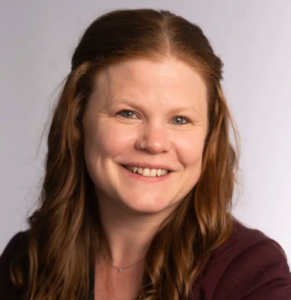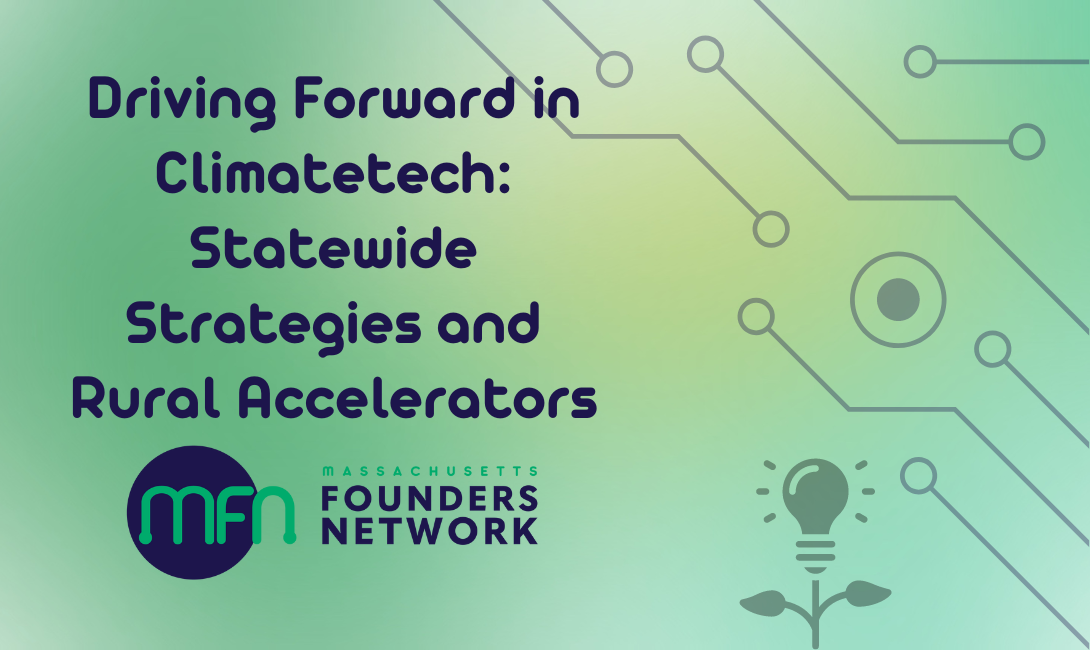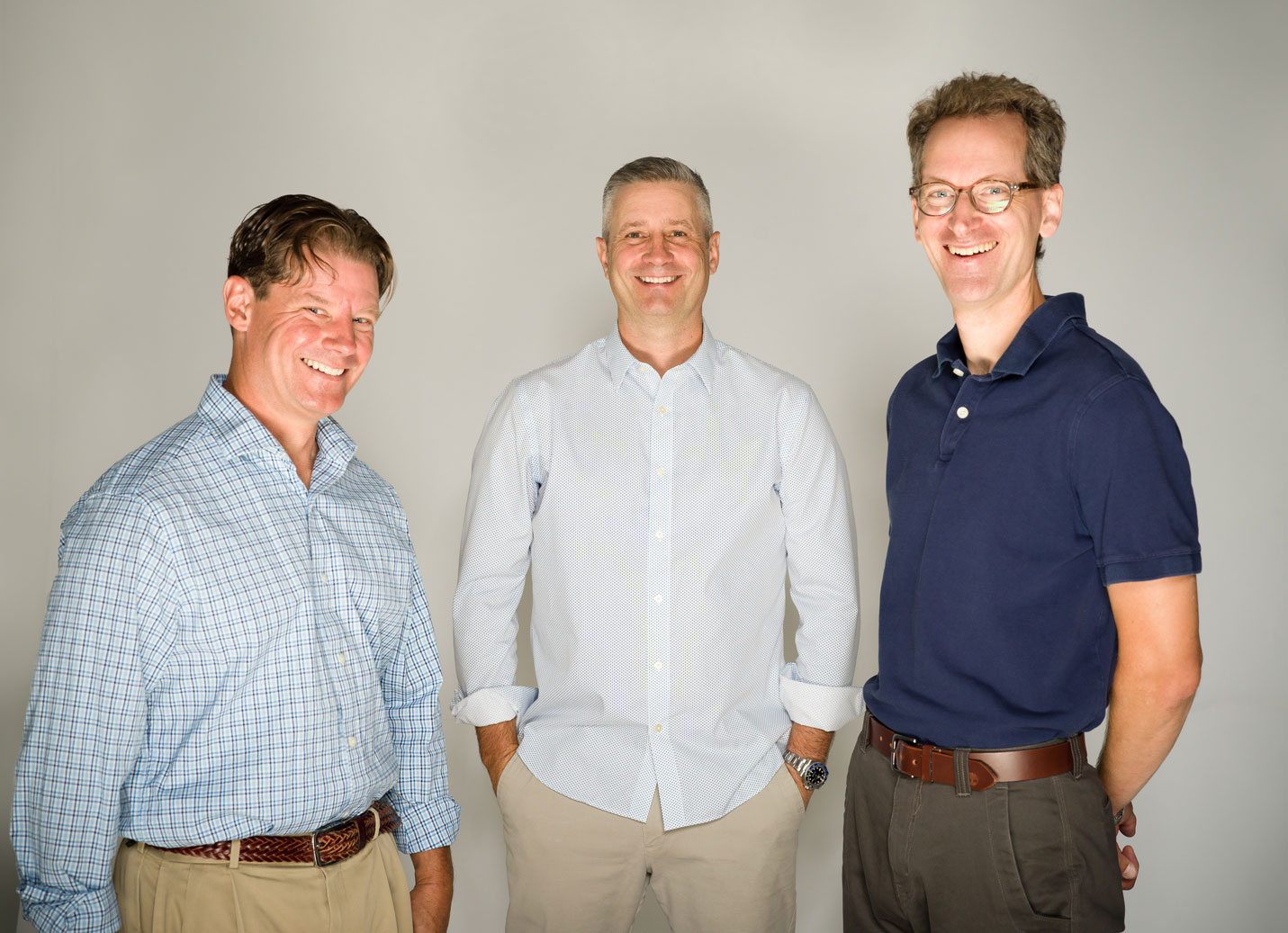 Leslie Nash directs the technology-to-market program at the Massachusetts Clean Energy Center (MassCEC), a state agency that has invested more than $412 million in clean-energy enterprises, attracted more than $2.3 billion in private and federal capital, and played a central role in making Massachusetts the second most energy-efficient state in the country.
Leslie Nash directs the technology-to-market program at the Massachusetts Clean Energy Center (MassCEC), a state agency that has invested more than $412 million in clean-energy enterprises, attracted more than $2.3 billion in private and federal capital, and played a central role in making Massachusetts the second most energy-efficient state in the country.

Elizabeth Nelson coordinates Berkshire Sustainability Challenge, a cleantech accelerator that has nurtured a dozen cleantech entrepreneurs who’ve gone on to raise $ 3 million in private investments. For four consecutive years, MassCEC has funded BSC’s $40,000 grand prize and $2,500 for each finalist, along with other programmatic costs. Leslie and Elizabeth work together through that annual grantmaking and reporting process. Massachusetts Founders Network (which created and oversees BSC) asked Leslie and Elizabeth to share more about their respective enterprises and the mutual benefits of grantor/grantee relationships.
MFN: Leslie, can you give a thumbnail history of MassCEC?
Leslie: We’re the state’s clean energy economic development agency. When we started out in 2009, we focused on offsetting energy costs for residents and commercial customers. Markets for those services soon took off on their own so we’ve extended our work into clean transportation, net zero grid, and offshore wind. In short, we’re creating a marketplace that drives Massachusetts’ clean energy economy.
MFN: There’s a general perception that state agencies regulate rather than innovate. Does MassCEC’s impressive track record surprise some people?
Leslie: Sometimes. What’s even more surprising is that MassCEC can be a more aggressive, more risk-tolerant early investor than the private sector. Our role in economic development and climate-tech advancement is to test out innovative technologies, prove out innovative markets, and think through innovative funding mechanisms.
MFN: Elizabeth, can you give us a similar rundown on the Berkshire Sustainability Challenge?
Elizabeth: Ours is an annual competition among four or five cleantech startups. The goal is to drive economic growth in western Massachusetts by proving that innovation thrives beyond Greater Boston. While that $40,000 first prize is clearly a draw for getting a company off the ground, our real value to all participants is a series of workshops on everything from bookkeeping to understanding the voice of the customer to writing a solid business plan. We also introduce them to a network of mentors who continue to work closely with all participants after the competition is complete. MassCEC grant funding has supported all of this great work.
MFN: Does MassCEC benefit BSC beyond funding the prize money?
Elizabeth: Absolutely. Leslie and her team have helped us build that essential, long-term mentoring network for BSC participants. They’ve supplied mentors and judges, and they’ve even recommended promising BSC contenders we’d not have identified on our own. As an entrepreneur myself, I constantly run into other entrepreneurs who are MassCEC fans. The agency’s support system is vital, especially in the early stages of getting new clean technology off the ground.
MFN: Can you each share thoughts about how grantors like MassCEC and grantees like BSC can get more out of those working relationships?
Leslie: We consider grantees as partners. The work is meant to be collaborative and iterative, and BSC is a role model in that regard. They promote our programs through their own extensive network, giving us access to entrepreneurs who might need funding. In fact, MassCEC has continued to support eight companies that came through the BSC competition. Finally, BSC has helped us build visibility for MassCEC in western Massachusetts, helping us overcome some real geographic challenges.
Elizabeth: I completely agree with Leslie that it’s a wonderfully symbiotic relationship and would just add that we appreciate the trust they continue to place in us. People with great ideas for cleaner energy need to know they aren’t alone—there are resources to help them bring those essential technologies to the rest of us.




